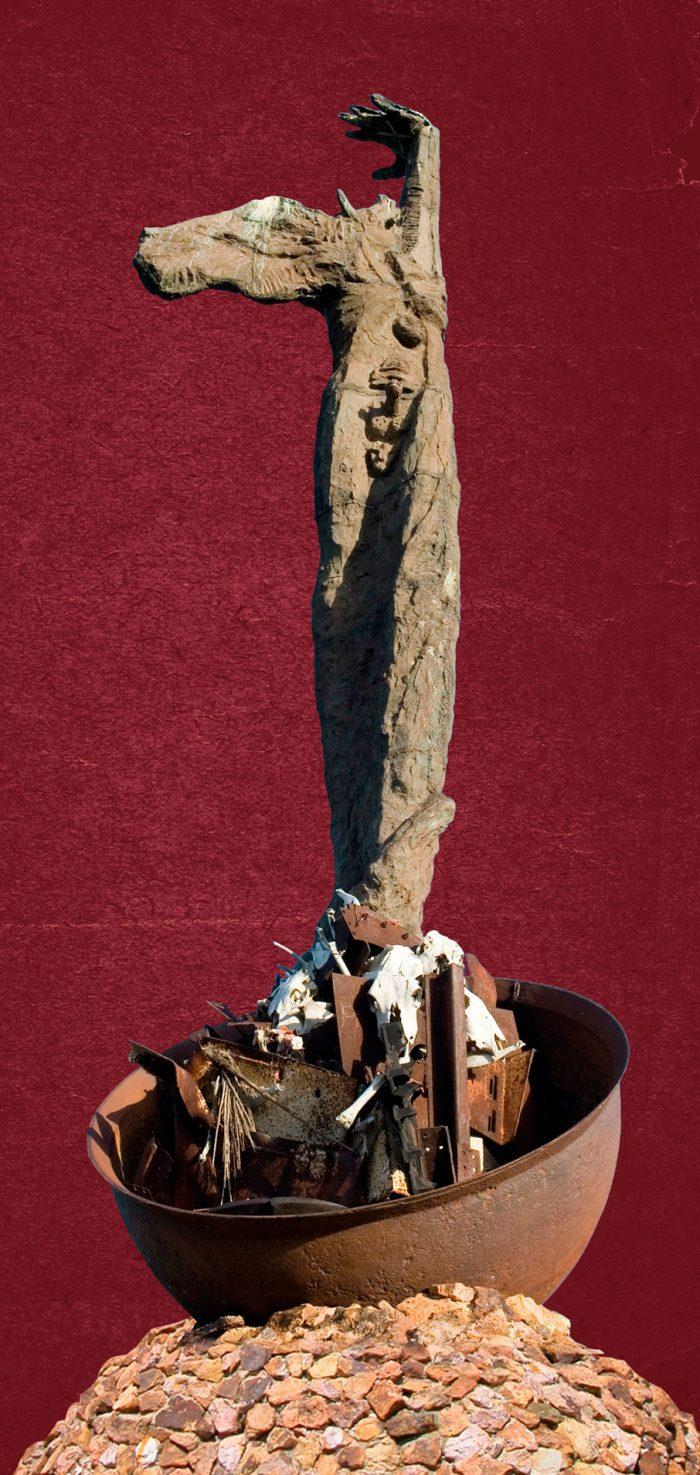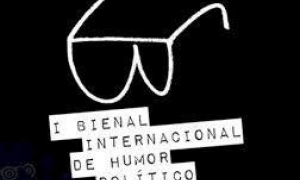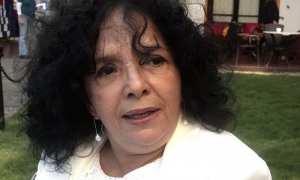
The implementation of the National Program against Racism and Racial Discrimination reveals the country’s political will to eradicate, a historically inherited handicap, incompatible with the Cuban social model, once and for all.
Let's say country and this is no rhetoric: together the State and civil society, government agencies and social organizations, the nation and the territories, show an articulation, as never before, to face the problem.
Three and a half years after the implementation of the Program, which has had to make its way through critical situations such as the COVID-19 pandemic and the intensification of the U.S. economic war against Cuba, and its serious impact on the living conditions of the population, the adoption of concrete measures and the growing awareness of the need to change attitudes and prejudices absolutely incompatible with the socialist ideal, is our contribution to the day for the World Day for the Elimination of Racial Discrimination.
In terms of awareness-raising, it is essential to formulate a comprehensive affirmative approach that paves the way for relevant public policies. Conceived by a working group sponsored by the Nicolás Guillén Foundation and the José Antonio Aponte Commission of the Union of Cuban Artists and Writers (UNEAC), formed by María del Carmen Zabala, PhD, Dr.Mayra Espina, PhD, and Geydis Fundora, PhD, and Ileana Núñez, MSc, with vast experience in the study of the subject, it constitutes a fundamental scientific tool for the practical approach, in order to attack the equity gaps derived from the differences in skin color.
Since the Program's national commission approved this approach, training actions have taken place in several provinces of the country, so that the groups created in the territories are in a position to dynamize the processes of change.
One of the main scenarios should be in schools. Education plays a major role in the rooting of an anti-racist culture. For this to be effective, the first step is to influence the training of teachers, an aspect in which the Ministries of Education, Higher Education, Public Health, Interior, Culture and Sports and Recreation are aligned.
The first copies of the breviary entitled Conceptualization of Cuban ethnos, written by Rolando Julio Rensoli and with a valuable appendix written by Miguel Barnet, whose content condenses the theoretical assumptions underpinning the Program, are now in the schools.
On the last Book Saturday, a tradition in the Wooden Street of the Plaza de Armas in the historic center of the capital, was presented the volume Cuban Revolution vs. racism, a version of the diagnosis made by the coordinating team of the program (MINCULT, MINREX, CITMA and UNEAC) and discussed and approved by the National Commission as a basis for immediate lines of action.
Published by the Social Sciences publishing house and introduced to the public by its director, Michel Torres Corona, the book covers the genesis and background of the phenomenon in our country, the scope and limitations of the anti-racist struggle in the first decades after the revolutionary triumph, the recording of the objective and subjective factors that influence the persistence of the phenomenon so far in the 21st century, and, most importantly, the guidelines for its systemic and integral confrontation.
The commitment of the anti-racist activism expressed on the occasion showed one of the strengths of a program that has pillars in the thought of Martí, Maceo, Fidel and Raúl, the follow-up of the First Secretary of the Party and President of the Republic, Miguel Díaz-Canel (who is also at the head of the National Commission) and the intellectual contributions of Fernando Ortiz and Nicolás Guillén.
Representatives of the Afrodescendant Neighborhood Network, the Afrodiverso group and the José Antonio Aponte Commission valued the importance of supporting the Program in the communities to change the way of thinking.
A particularly touching moment came when tribute was paid to intellectuals who are no longer with us but who have been involved in the promotion of an anti-racist culture in favor of the Revolution to conquer all justice: Fernando Martínez Heredia, Silvio Castro, Tato Quiñones, Esteban Morales, Antonio Martínez and Rodrigo Espina Prieto.
Translated by ESTI






